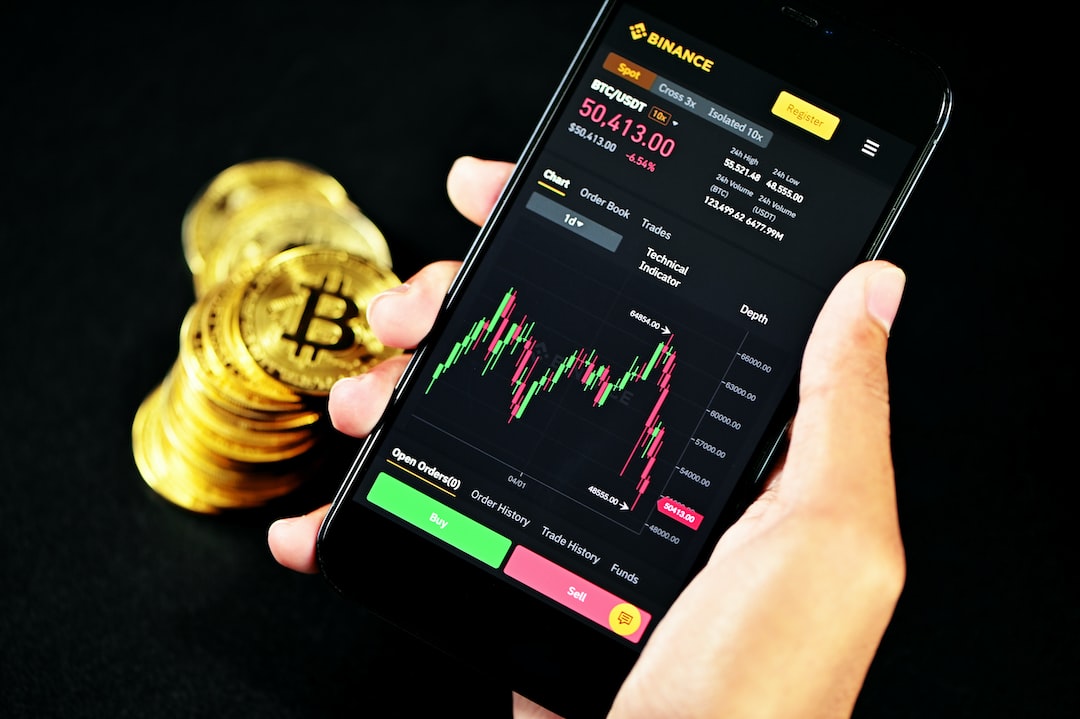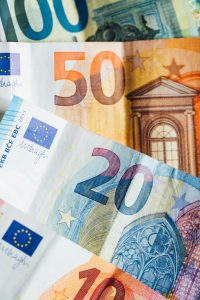Forex, also known as foreign exchange, is a decentralized global market where currencies are traded. The forex market is the largest and most liquid financial market in the world, with an average daily trading volume of over $5 trillion. One of the most important aspects of forex trading is understanding how fast the market moves.
The forex market is open 24 hours a day, five days a week. This means that currency prices can change rapidly, and traders must be prepared to act quickly in response to market movements. One of the main factors that affect how fast the forex market moves is volatility.
Volatility refers to the degree of price fluctuations in a currency pair. High volatility means that prices are changing rapidly, while low volatility means that prices are relatively stable. Volatility can be affected by a variety of factors, including economic events, political developments, and market sentiment.
Economic events, such as interest rate decisions, employment reports, and GDP releases, can have a significant impact on currency prices. For example, if a country’s central bank announces an interest rate hike, the value of that country’s currency may increase as investors seek higher returns. On the other hand, if an employment report shows weaker-than-expected job growth, the value of that country’s currency may decrease as investors become less optimistic about the economy.
Political developments can also affect currency prices. For example, if a country’s government announces new trade policies or geopolitical tensions escalate, the value of that country’s currency may be affected. Market sentiment, or the overall mood of traders and investors, can also play a role in currency price movements. If traders are optimistic about a currency’s prospects, its value may increase, while if they are pessimistic, its value may decrease.
Another factor that affects how fast the forex market moves is liquidity. Liquidity refers to the ease with which a currency pair can be bought or sold without affecting its price. Currency pairs with high liquidity, such as EUR/USD and USD/JPY, tend to have tighter bid-ask spreads and faster execution times. This means that traders can buy or sell these currency pairs quickly and at a fair price.
On the other hand, currency pairs with low liquidity, such as exotic pairs, may have wider bid-ask spreads and slower execution times. This means that it may take longer for traders to buy or sell these currency pairs, and they may have to pay a higher price to do so.
In addition to volatility and liquidity, the speed at which the forex market moves can also be affected by market participants. Market participants include banks, hedge funds, central banks, and retail traders. Each of these groups has different goals and strategies, and their actions can affect the direction and speed of currency price movements.
For example, large banks and hedge funds may use high-frequency trading algorithms to execute trades quickly and take advantage of small price movements. Central banks may intervene in the forex market to support their currency or to achieve other policy goals. Retail traders, who make up a significant portion of the forex market, may place trades based on technical analysis or fundamental analysis.
In conclusion, the forex market moves at a fast pace due to a variety of factors, including volatility, liquidity, economic events, political developments, market sentiment, and market participants. Traders must be prepared to act quickly and make informed decisions based on these factors in order to be successful in the forex market.





